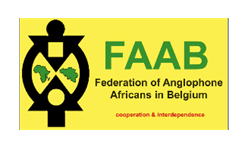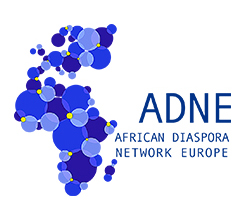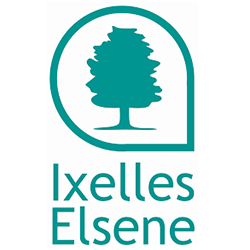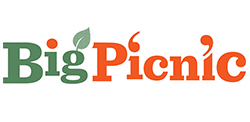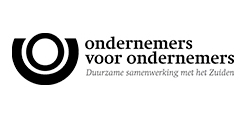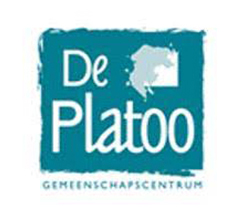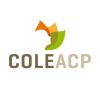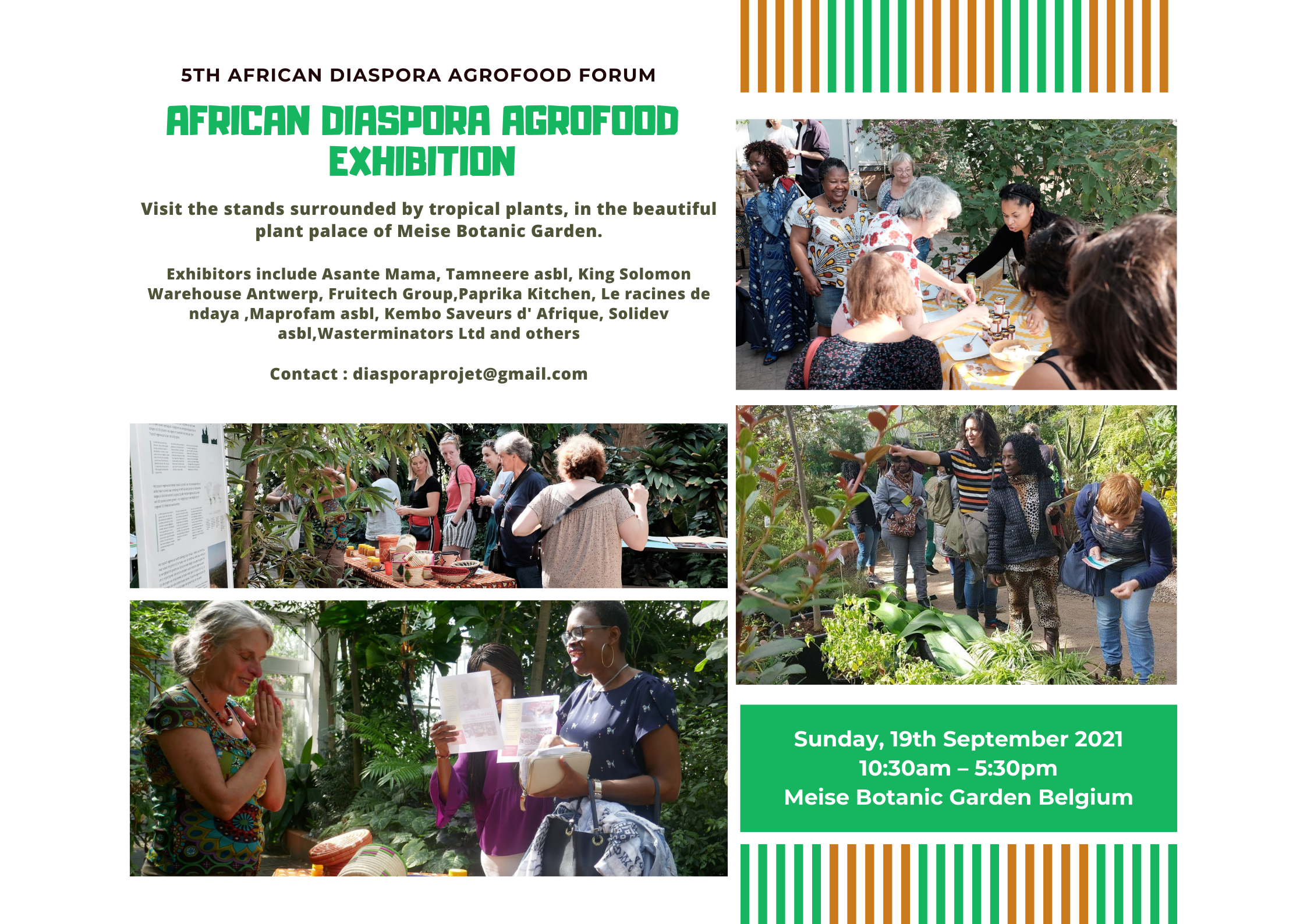 The first day of the 5th African Diaspora Agrofood Forum was a success and we look forward to welcoming you to the Meise Botanic Garden for the agrofood exhibition on the final day of the forum.
The first day of the 5th African Diaspora Agrofood Forum was a success and we look forward to welcoming you to the Meise Botanic Garden for the agrofood exhibition on the final day of the forum.
Speakers at the first day of the forum, reiterated the relevance of African Diasporas in the development of Africa and the need to include them in policy making. Speakers from OACP, COLEACP, FAO, Nigerian embassy, ADEPT, King Baudouin Foundation and Anteja shared information about their engagement with the diaspora and different resources that are accessible to African Diaspora Agrofood Entrepreneurs.
The distinguished speakers at the forum included Mr Escipión J. Oliveira Gómez, Assistant Secretary General, Organization of Africa, Caribbean and Pacific States( OACPS), Mr Jeremy Knops, General Delegate COLEACP, Mr Raschad AlKhafaji, Director, FAO Liaison Office with the European Union and Belgium, Mr Maxy Ogbede, minister and Head of Chancery Nigerian Embassy Belgium, Carine Nsoudou, Director, Africa-Europe Diaspora Development Platform (ADEPT), African entrepreneurs and experts in entrepreneurship.
We look forward to welcoming you to the second day of African agrofood exhibition at the Meise Botanic Garden Belgium. We have stands set up among tropical plants in the plant palace of the beautiful garden.
We look forward to welcoming you. We will share a more detailed report about the forum later.

The aim of this 5th edition of the forum is to bring together development experts, policy makers, financial experts, African Diaspora entrepreneurs and Diaspora communities to discuss the role and potentials of the African Diasporas, in finding solutions to the challenges of food insecurity and building theagrofood sector. It creates an opportunity to showcase the projects of African Diasporas, foster collaborations and create links to relevant resources and networks.
The 2021 African Diaspora Agrofood Forum will be the 5th edition of the Forum. Conferences willbe held online (via Zoom) on Friday 17th September and an exhibition fair of agrofood products by African entrepreneurs will be organised on Sunday 19th September at the Meise Botanic Garden,Bouchout Castle Meise, Belgium.
The theme of the 2021 Forum is Recovery, Resilience and Sustainability: African DiasporaAgrofood Entrepreneurship in a changing world.
Registration: https://coleacp-org.zoom.
This theme reflects the global impact of theCOVID-19 pandemic and the aspirations of many for recovery and growth in a sustainable economy.As the world recovers and adjusts to the changes brought on by the COVID-19 pandemic, it is of interest to know what policies are in place for entrepreneurs in the agrofood sector and how beneficial they are to African Diasporas entrepreneurs.
The contributions of the African Diaspora Entrepreneurs at the forum will also help stakeholders and experts to understand how the COVID-19 pandemic affected them and their plans for the future.
There will be four online sessions on Friday 17th September 2021:
Compendium
Upcoming Events
The Helping Hand Project
In collaboration with Kwabre Ne Sekyere Belgium,Mfantesman vzw,Voice of Women International, Kente FM and other African organizations, we are organizing "The Helping Hand project",is an action started in 2016, aimed at feeding the homeless in the Brussels area. We are in need of volunteers to help with the cooking, packing and distribution of food to the homeless and needy. We are also still looking for sponsors for this project. We do not accept funds but prefer sponsorship in the form of donations of desired food items, food packaging materials. if you are interested in giving a helping hand, contact us on This email address is being protected from spambots. You need JavaScript enabled to view it.







 For the first time, two visionary women have been jointly honored as the 2025 African Diaspora...
For the first time, two visionary women have been jointly honored as the 2025 African Diaspora...  The Collective Action on Forgotten Food is calling on women artists, designers, illustrators...
The Collective Action on Forgotten Food is calling on women artists, designers, illustrators...  The Food Bridge vzw, with the support of its partners, publishes an annual Compendium...
The Food Bridge vzw, with the support of its partners, publishes an annual Compendium...  Diaspora organizations in Belgium are vibrant and diverse—spread across...
Diaspora organizations in Belgium are vibrant and diverse—spread across...  30 years ago in Beijing, women from around the world demanded equality and also made history. The...
30 years ago in Beijing, women from around the world demanded equality and also made history. The...  Registration is still open for the upcoming FAO & ICMPD event on 𝗔𝗴𝗿𝗶𝗳𝗼𝗼𝗱...
Registration is still open for the upcoming FAO & ICMPD event on 𝗔𝗴𝗿𝗶𝗳𝗼𝗼𝗱... 